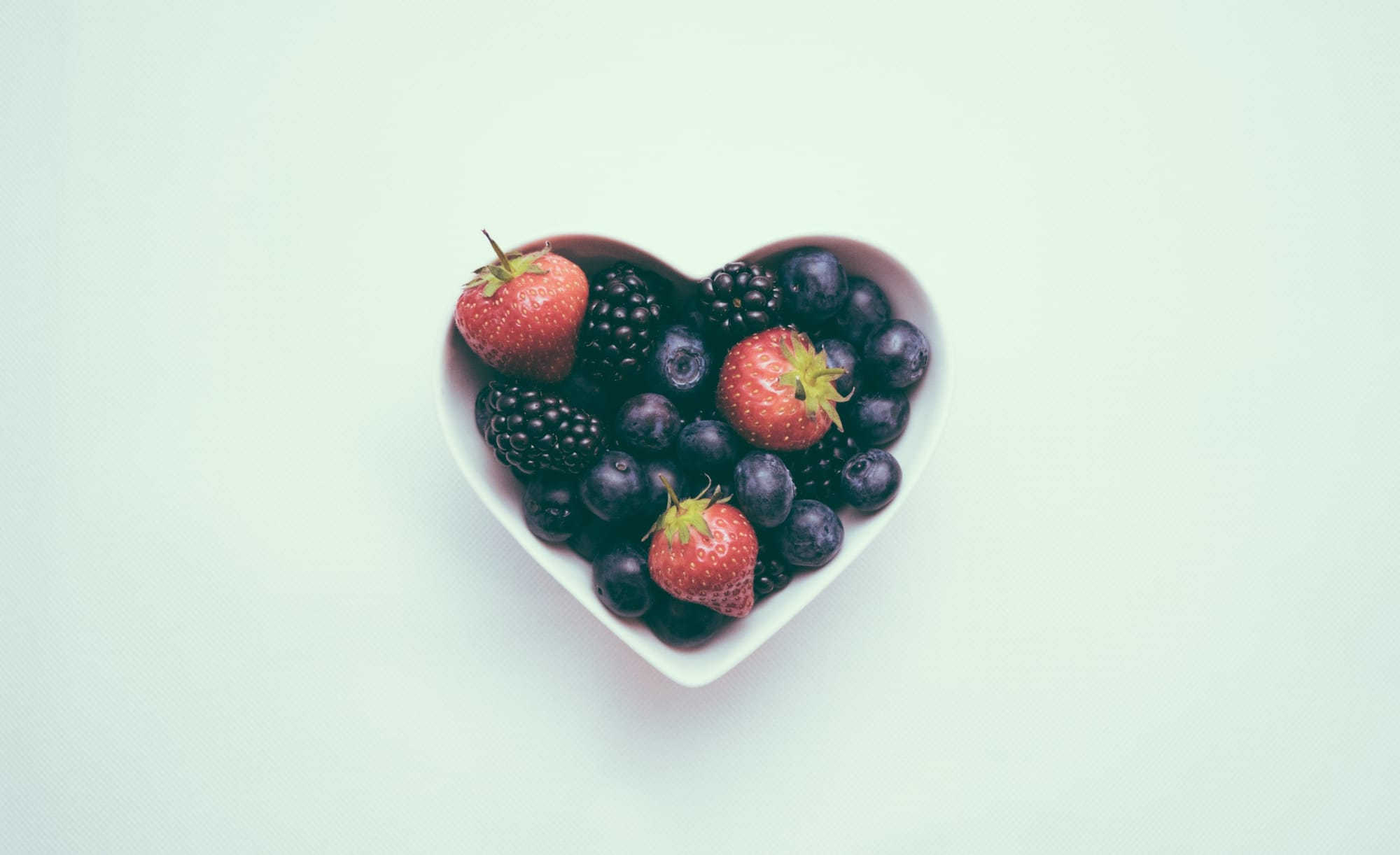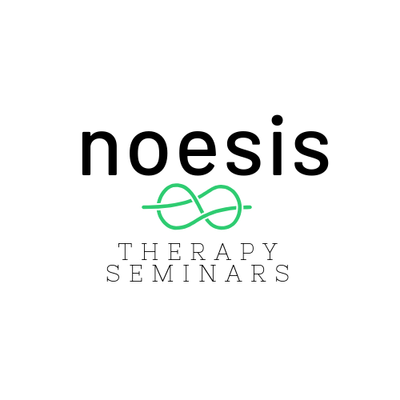Nutritional Tips for Healing After a Concussion

Healing after a concussion requires a holistic approach that includes not only rest and relaxation but also proper nutrition. By providing your body with the right nutrients, you can support the healing process and help restore optimal brain function. Here are some nutritional tips to aid in the recovery after a concussion:
1. Stay Hydrated
Proper hydration is essential for brain function and overall health. Make sure to drink enough water throughout the day to stay hydrated. Avoid excessive caffeine and alcohol consumption as they can contribute to dehydration.
2. Eat a Balanced Diet
A balanced diet that includes a variety of fruits, vegetables, lean proteins, whole grains, and healthy fats is essential for healing after a concussion. These foods provide your body with the necessary vitamins, minerals, and antioxidants to support the recovery process.
3. Increase Omega-3 Fatty Acids
Omega-3 fatty acids are known for their anti-inflammatory properties and brain-boosting benefits. Include foods rich in omega-3s such as fatty fish (salmon, sardines, and mackerel), walnuts, chia seeds, and flaxseeds in your diet.
4. Consume Antioxidant-Rich Foods
Antioxidants help protect the brain from oxidative stress and inflammation. Include antioxidant-rich foods such as berries (blueberries, strawberries, and blackberries), dark chocolate, spinach, kale, and green tea in your diet.
5. Prioritize Protein
Protein is essential for tissue repair and plays a vital role in the healing process. Include lean protein sources such as chicken, turkey, fish, tofu, legumes, and Greek yogurt in your meals to support recovery.
6. Avoid Processed Foods
Processed foods often contain additives, preservatives, and unhealthy fats that can impair the healing process. Opt for whole, unprocessed foods whenever possible to provide your body with the necessary nutrients.
7. Incorporate Magnesium-Rich Foods
Magnesium is involved in over 300 biochemical reactions in the body, including those that support brain health. Include magnesium-rich foods such as leafy greens, nuts, seeds, avocados, and bananas in your diet.
8. Limit Sugar and Artificial Sweeteners
Excessive sugar consumption and artificial sweeteners can have negative effects on brain function and overall health. Limit your intake of sugary foods, beverages, and processed snacks to support the healing process.
9. Get Enough Vitamin D
Vitamin D deficiency has been linked to cognitive impairment and mood disorders. Ensure you get enough sunlight exposure or consider taking a vitamin D supplement to support brain health and healing.
10. Consider Supplements
While it's best to obtain nutrients from whole foods, certain supplements can support the healing process after a concussion. Consult with a healthcare professional to determine if any specific supplements are appropriate for you.
Remember, nutrition alone cannot heal a concussion, and it is crucial to follow the guidance of healthcare professionals and prioritize rest and recovery. However, by incorporating these nutritional tips into your lifestyle, you can support the healing process and enhance overall brain function.
Additionally, it's essential to keep in mind that recovery time varies from person to person. Some individuals may recover quickly, while others may require more extended periods of healing. Monitor your symptoms, listen to your body, and seek medical attention if necessary to ensure a safe and successful recovery.
